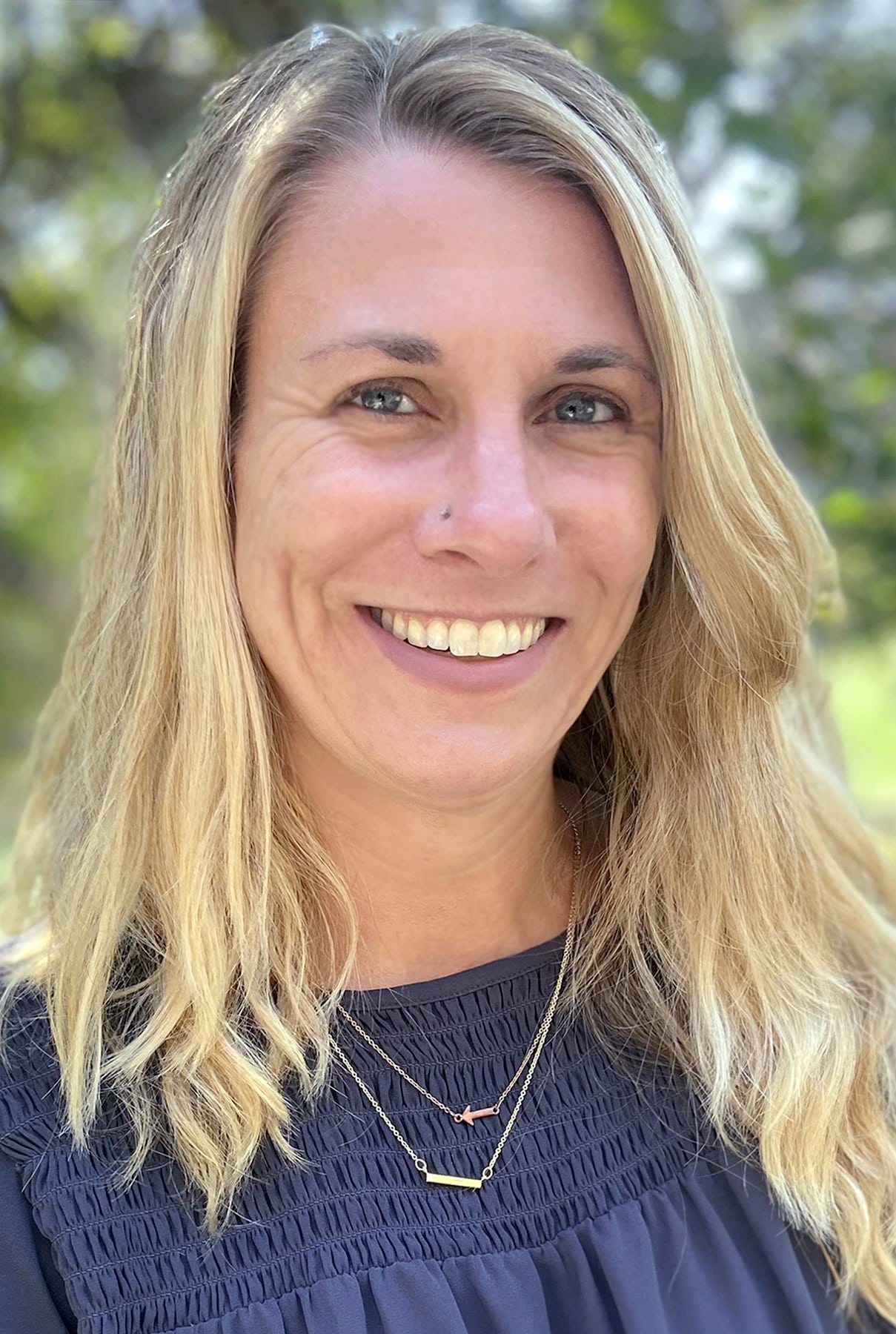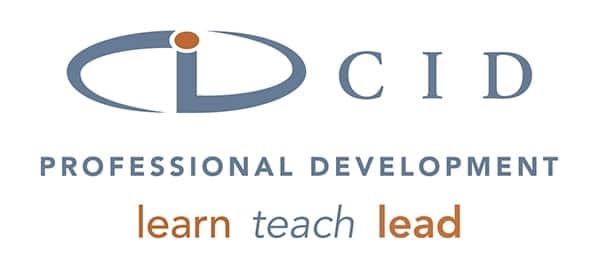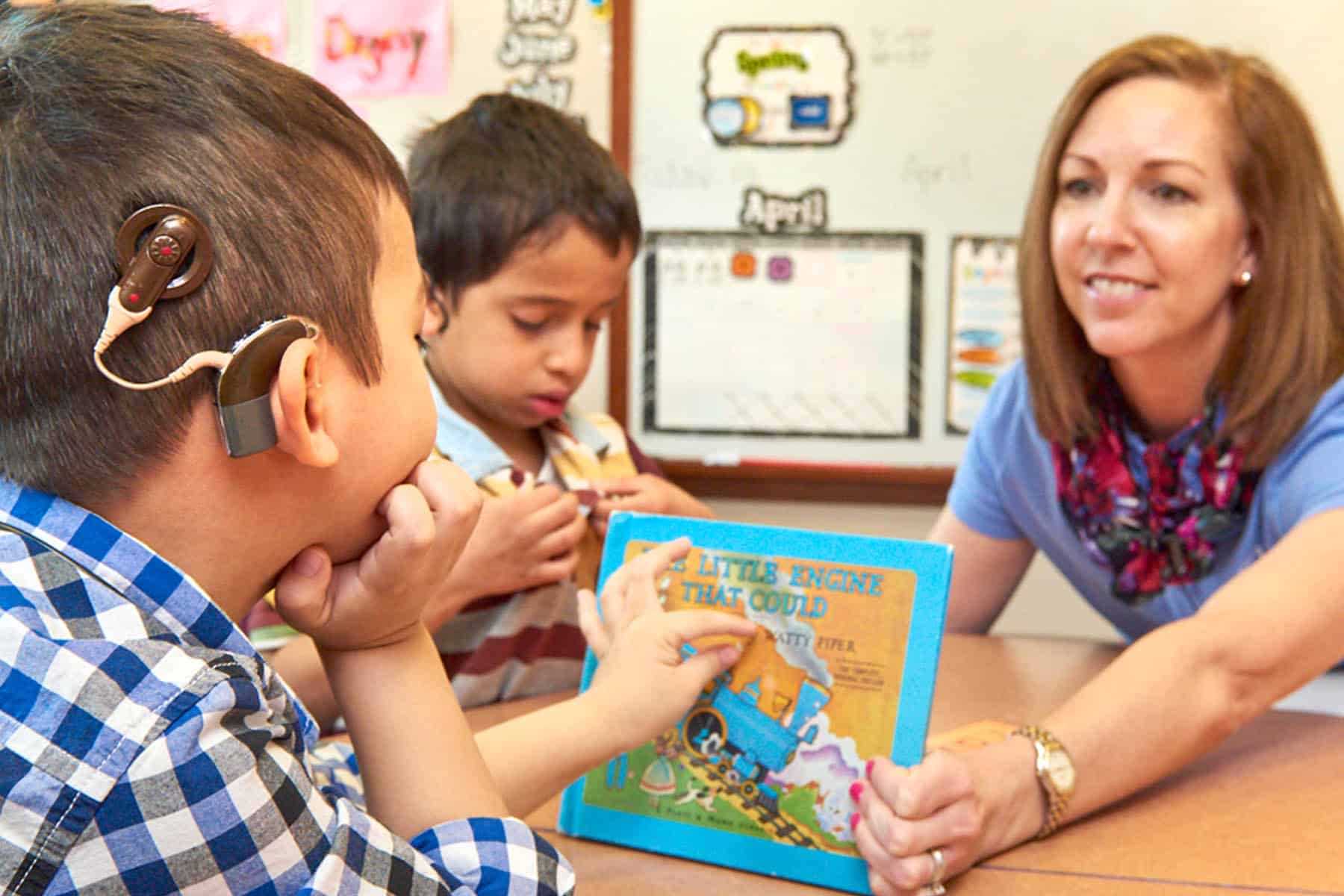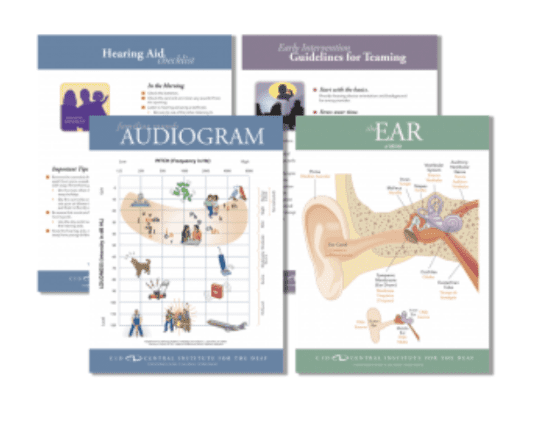Speech-language pathologists (SLPs) are busy. Their caseload numbers are high, their list of students in need of an evaluation is continually growing, and IEP meetings are often dispersed throughout their day. They are targeting goals for speech, language, social skills and auditory development. So asking them to address literacy skills, too, seems absurd. Or is it?
To become efficient readers, students must develop two sets of skills: code-based skills and meaning-based skills. Code-based skills include those skills necessary to “learn to read,” including, phonological awareness, alphabetic knowledge and print concepts. Meaning-based skills include those skills necessary to “read to learn,” such as, vocabulary knowledge and language comprehension. Both sets of skills are rooted in speech and language, and both are skills that likely are already being woven into sessions with SLPs.
It is easy to see how SLPs are supporting the meaning-based skills of reading. Targeting vocabulary and teaching the syntax of language are being addressed with many students throughout the SLP’s day. The vocabulary being reinforced in sessions with SLPs likely even comes straight from text that is being taught in the classroom. What isn’t always as obvious is how SLPs are supporting the code-based skills of literacy.
The term phonological awareness refers to one’s ability to manipulate the sounds of a language. It encompasses a variety of skills, including, rhyming, counting syllables and phonemic awareness. Phonemic awareness can then be broken down even further into the skills of being able to isolate, blend, add, delete and substitute sounds.
When SLPs work on articulation goals with students, regardless of the student’s level (producing a target sound in isolation, within a word, or in a sentence), the following progression often occurs: the target sound is produced in isolation; the target sound is blended into a word, the awareness of what sound should not be substituted is addressed. This sequence of events, while necessary to meet articulation goals, is also supporting the development of phonological awareness, a key component in learning to read.
SLPs are busy. They are targeting speech and language and all of the many skills that fall under the umbrella of these two terms. They are writing goals, planning lessons, attending meetings and more. They are supporting literacy… and they might not even realize it.

Jessica Klein is a speech-language pathologist. In addition to working at CID, she has worked in a public school setting, serving elementary-age students. Ms. Klein has co-authored several workshops, presented at a variety of professional conferences and written an online course about developing literacy skills in students who are deaf and hard of hearing. Most recently, she co-authored the SPICE for Life Second Edition auditory training curriculum.












